COMMUNITY EDUCATION
Cloudbridge offers free onsite and offsite educational talks, presentations and hands-on experiences for local community schools and groups. Community education programs are tailored to the interests and abilities of the group and are presented in Spanish. Depending on the scope and needs of the program, sessions range from 1 hour to 1 day.
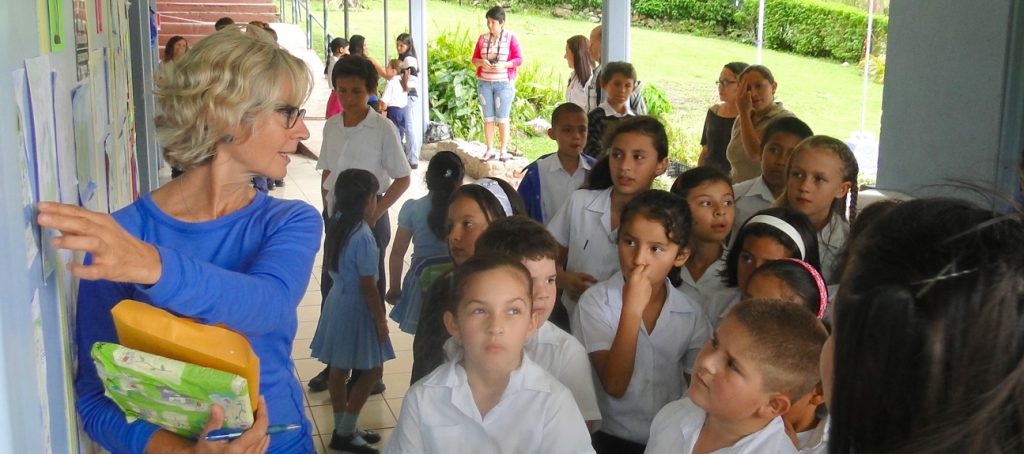
School Groups
Guided by Cloudbridge staff, children learn about the amazing plants and animals right in their own backyard. Students are exposed to the importance of biodiversity, reforestation, and climate change, while learning how to plant trees and spot wildlife.
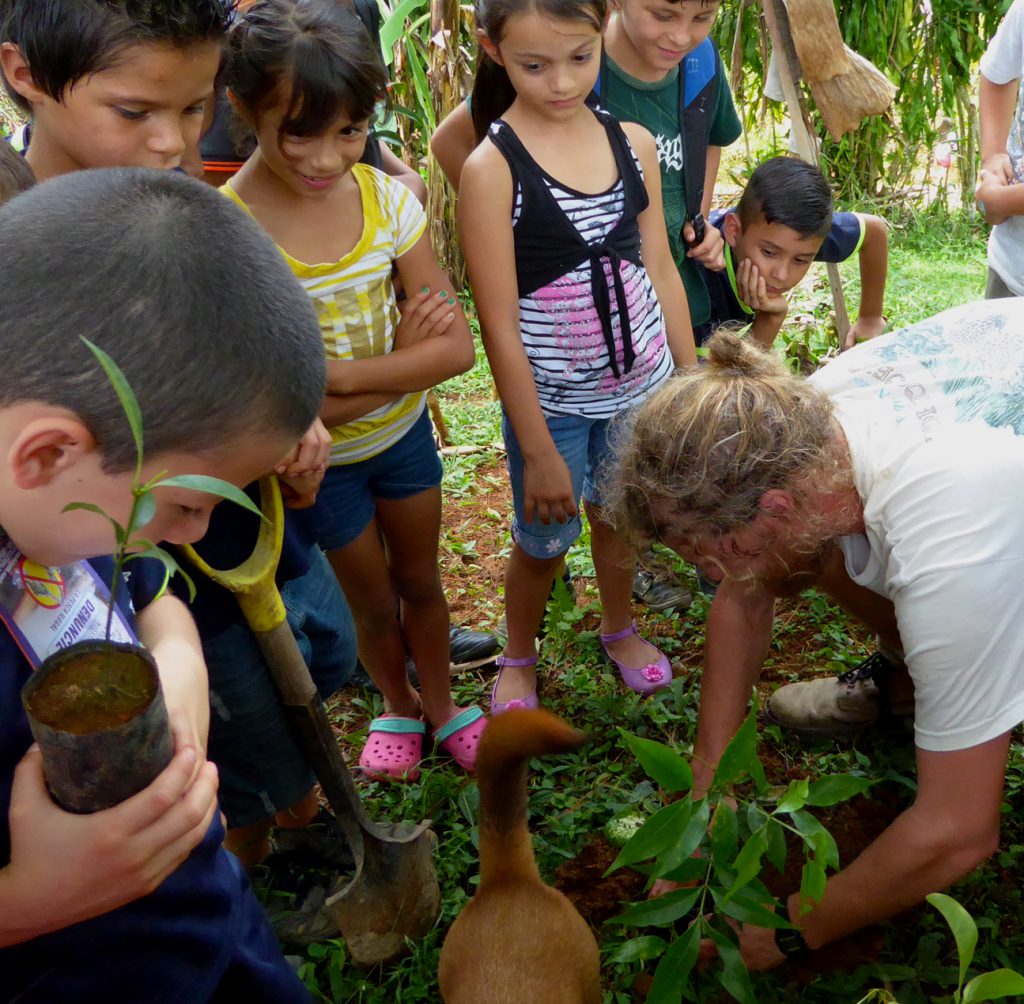
Educational experiences offered to local school groups include:
- Talks and presentations on topics of interest to the class;
- Demonstrations of bird watching or scientific techniques;
- Examining live specimens of small animals like frogs, lizards or insects;
- Exploring the wildlife and plants found on the school grounds or around the reserve; and,
- Tree planting either within the reserve or on school grounds.
All experiences can be provided either at Cloudbridge or on school grounds.
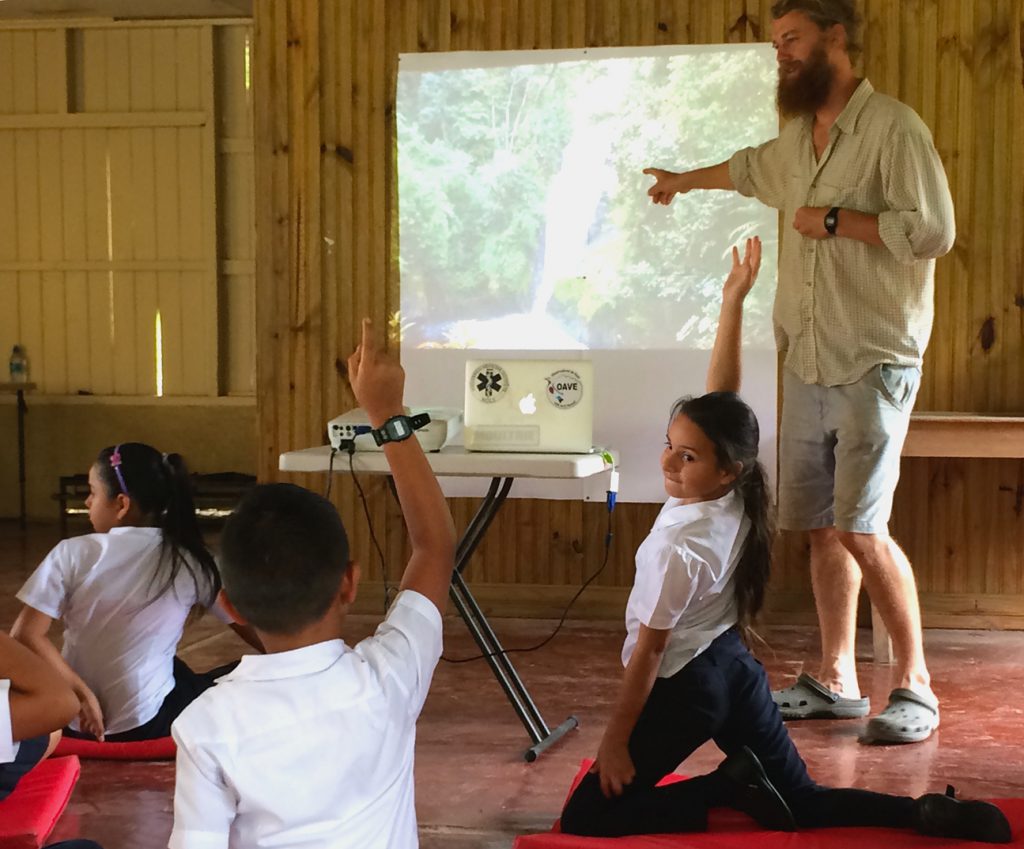
Adult Groups
The same educational experiences provided to school groups can also be geared towards adult groups, both on or off the reserve.
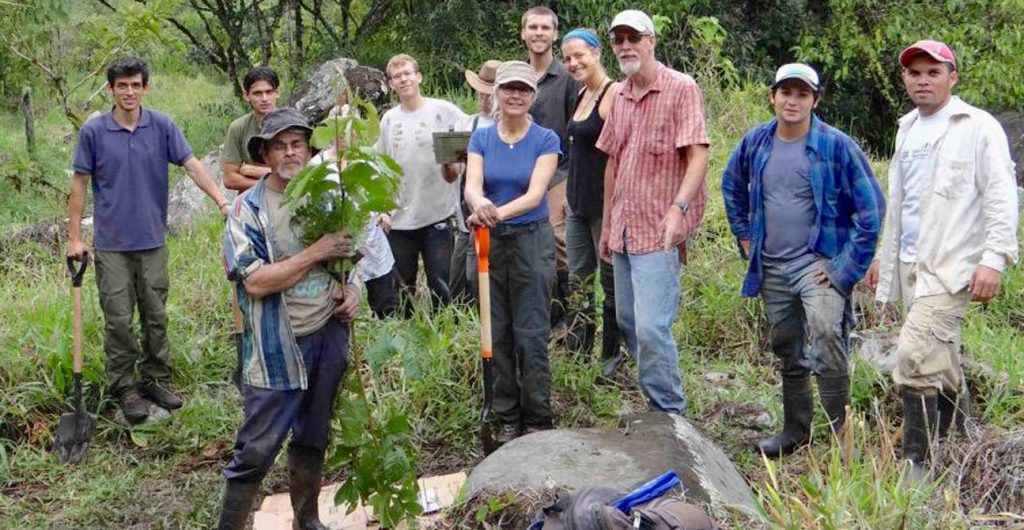
Researcher Presentations
Community members may be invited to attend when our research interns and independent researchers present the results of their research, allowing interested locals to learn about the research at Cloudbridge.
Visiting researchers sometimes host workshops or talks on topics of interest to community members. For example, Clarice Esch, a former Cloudbridge researcher and her professor Dr. Martin Stone from Western Kentucky University, put on a workshop for local farmers to introduce a technique of tomato grafting in which the Costa Rican local varieties are grafted onto the rootstock of a Japanese variety. The Japanese variety has a hardy root system that is resistant to soil born diseases, which may enable farmers here to grow tomatoes using less chemicals.
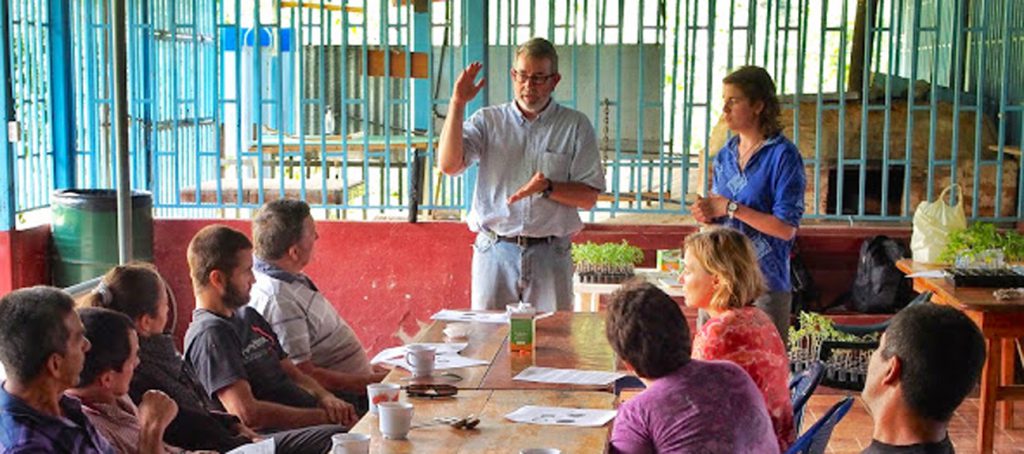
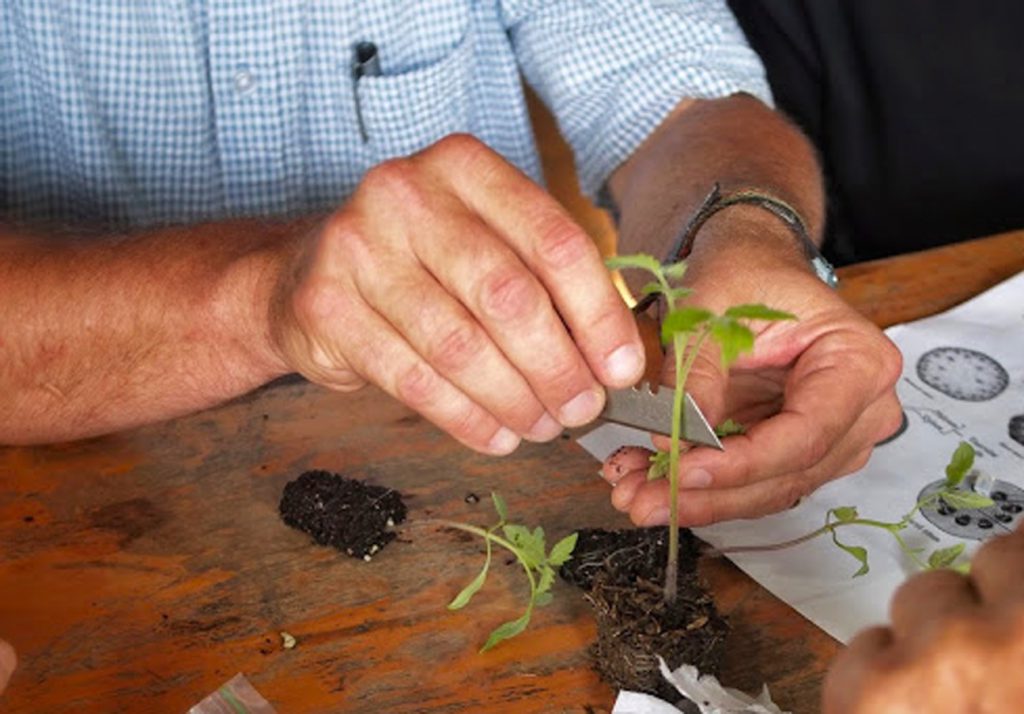
A group of independent researchers from Borderless World Volunteers, an NGO associated with McGill University, hosted a workshop for local women teaching them how to make conserves. They utilized recycled jars and tomatoes that were considered unsellable due to blemishes. The women learned how to make their own salsas with the intention of helping them start their own conserve businesses.
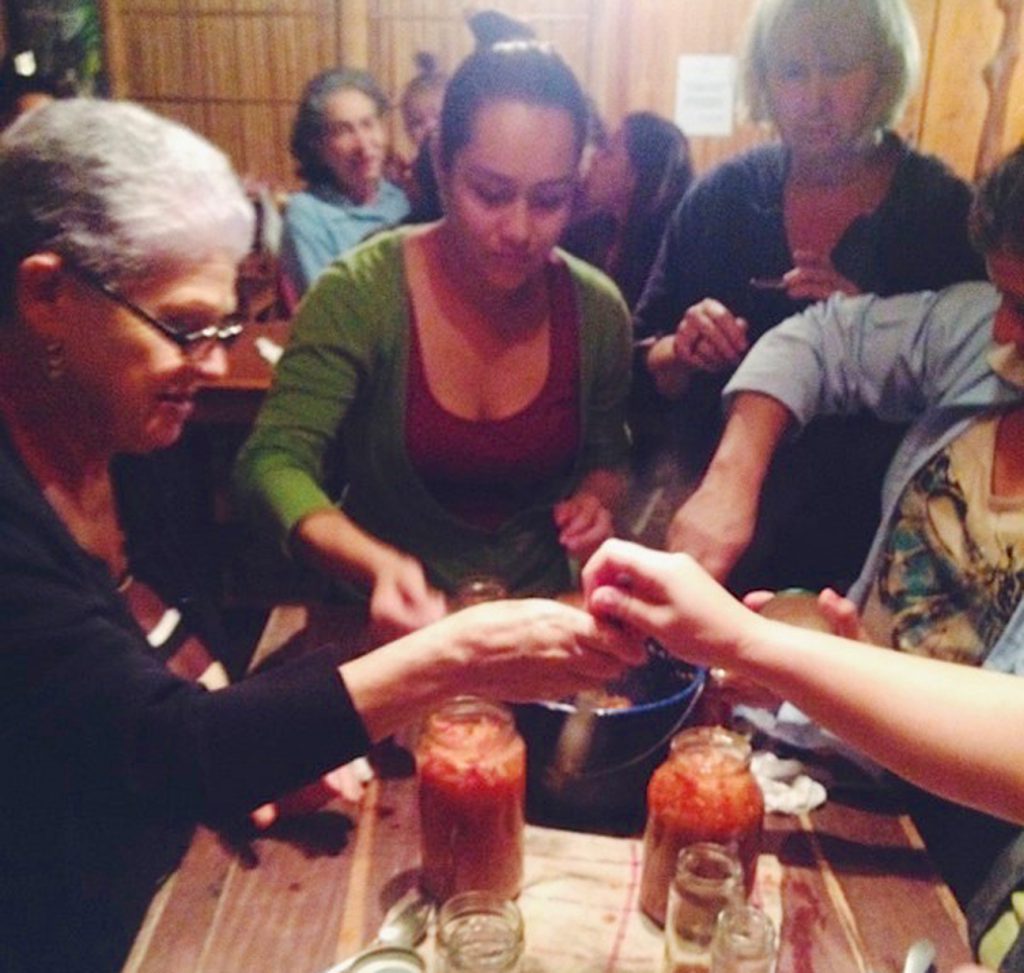
Find out more
Email manager@cloudbridge.org with any questions, or to discuss program activities and dates.
Please visit our blog site for monthly updates and photos on our volunteers and researchers, their projects, and other activities at Cloudbridge Nature Reserve.
